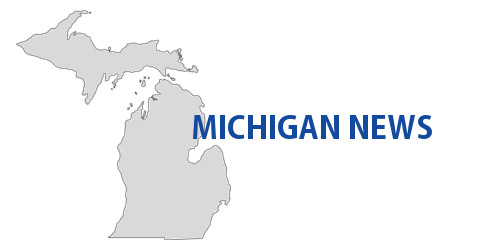
When welcoming the conference attendees including teachers, counselors and students, SOGI Initiative Director Timothy Larrabee gave a perspective that guided the tone of the day's learning. "The SOGI Education Conference is about sexual orientation and gender identity. This conference is purposely not the LGBTQIAA or whatever other letters you've got going on in there. It's not that conference. It's not that conference because it isn't about LGBT folks. It's not about queer folks. This is about people. And people have sexual orientations and people have gender identities. And some of our identities and orientations may change over time. And we may express our gender identities or sexual orientations in ways that may or may not be fully aligned with our emotions for many reasons. So this conference is about how we treat people. It's about how we work with people."
Now in its third year, SOGI included a variety of workshops to help create inclusive environments for students and teachers, with an emphasis on going back to school districts and speaking up.
"If we're going to create change we can't do it as individuals," Larrabee said, "we need to have buy-in from the community."
To share the tools on how to build advocacy, Human Rights Campaign Director of Education and Community Engagement for Welcoming Schools Kisha Webster came from the Washington, D.C. Her keynote address focused on ten lessons for activists.
First is to "know your purpose." Webster was a high school principal before joining HRC, and in both positions she knew that her purpose was "to inspire and develop educators to be their best." Not everyone's purpose is the same, even in advocacy work. But identifying a specific purpose is a way for any activist to do a better job. "When you keep that purpose in your heart, you are less likely to go out of character. It helps you stay focused.
Second is to "know your bias and your triggers." Webster told the audience that there is always going to be frustration but, "If I stay angry, I can't do this work."
"Respect other voices," is the third lesson. This has to do with knowing that an opinion often can't be changed with just one conversation, and that allowing people to have their opinions is a better way to gradually change their mind. The fourth lesson is to "be okay with respectfully challenging others' so-called facts," meaning there are ways to separate fact from opinion.
The fifth lesson is to "stay away from bullying tactics." Webster said that she gets calls from people who are angry, and want HRC to "go after" certain people or schools. She explained that there are better ways to change minds than only relying on pressure that can make others get defensive.
"Don't do this work in isolation," she said was lesson number six. "Get more people involved," she said. "Take people to dinner or invite them to your home. It's hard to say no to you when you have food in your mouth," she suggested. She also stressed that people cannot do everything themselves, and that working together is more effective.
Lesson number seven is to "be open to learning." One thing that surprised Webster was when HRC did a study asking youth what their gender identity was, they got over 60 different responses. Because of this, the importance of including an "other" box on forms that ask for demographics is clear.
"Speak from the heart" is lesson eight. "This work is challenging. I don't care how old the people are, it's challenging. People have to unlearn things," she said. Sincerity is the best way to reach others.
Number nine is to "be humble." Webster shared a lesson from when she was a principal, explaining that when she felt like teachers weren't giving their all she would go and sit in their classrooms all day. Instead of inspiring them to do better though, this had the opposite effect of making them feel discomfort and sometimes driving them to take sick days or quit.
"You're going to make an error doing this work. You gotta be able to suck it up," Webster said.
The final lesson Webster shared is to "value uniqueness," and to "do this work in a way that works for you."
She also did a workshop in the afternoon focusing on the Welcoming Schools program at HRC, which offers resources for educators looking to create change in their school communities.
More information on Welcoming Schools can be found at http://www.welcomingschools.org/. More information on the SOGI Initiative at Oakland University can be found at https://www.oakland.edu/Default.aspx?id=25456&sid=491&CWFriendlyUrl=true. Video of Webster's keynote address can be viewed at.











